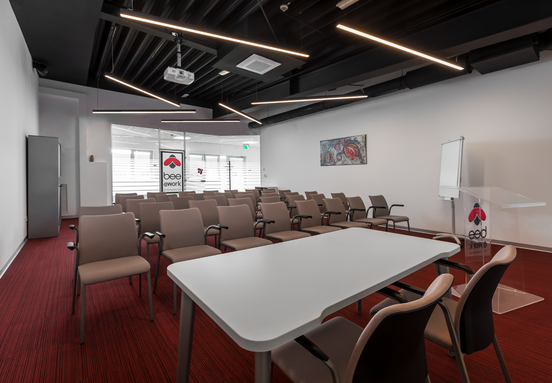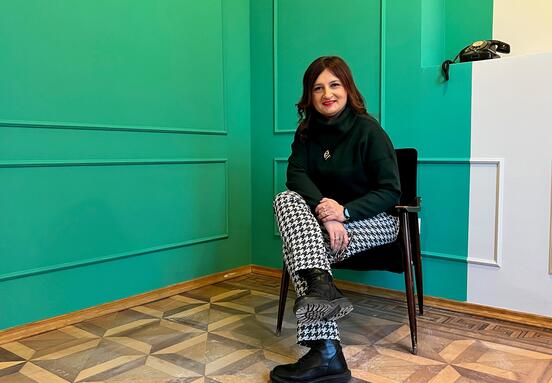As a regional and global leader, Cushman & Wakefield / CBS International participates in capital projects and provides advisory services to property owners, investors and tenants in every aspect of the real estate business, be it construction, buying, selling, financing, leasing, valuation or real estate management.
The company has market expertise that can boast a very small number of companies worldwide, and a professional team of which is Ivan Mihaljević, a consultant for office space with whom we talked about trends and the future of the office space market. Ivan has been a part of the company since its inception on the Croatian market, and apart from office space, he is an expert in all types of real estate and actively works on capital investment transactions. He has been present on the commercial real estate market for seven years.
A turbulent year is behind us, how did it affect the office space market?
Since we are at the very end of the year, we can slowly draw the line and conclude that the Zagreb office space market was extremely dynamic and active, regardless of the pandemic situation. The total activity of clients in the lease of office space amounted to 25,450 m2 in the first two quarters of this year, which is almost the same level compared to the same period in 2020. Rental prices of modern office space have remained very stable, amounting to 10 - 13 EUR / m2 for office space B class and 14 - 16 EUR / m2 for office space A class, while the rate of free office space is currently at 4.2% and it is the lowest in the region. Given all the above, as well as the potential of the market, which we expect to continue to grow in the coming period, it is clear that the market lacks the development of new office projects.
How has the pandemic affected market developments?
It is obvious that the pandemic did not significantly affect the commercial aspect and market trends in terms of price or occupancy, but the impact was manifested in terms of how to use the offices themselves and their adaptation to new situations. Trends are determined by individual sectors and it is clear how companies have reacted by applying a large number of flexible models of work and the so-called. a hybrid business that involves a combination of working from home and working from the office, and the strategies differ depending on the needs of the companies themselves and the way they adapt to their business. Also, a trend that is very current is shared desk policy, where due to the hybrid way of doing business and the possibility of working from home, employees share a workplace and do not necessarily have their own table and chair intended for them, which allows companies to use space for other, additional facilities within the office. Office spaces as we knew them and in which we worked are undergoing a serious transformation, and in the forefront is investing in office infrastructure and creating new multifunctional zones to encourage creation and cooperation among employees and create a pleasant and stimulating environment.
What are the forecasts for the movement of the office space market in the coming period and office business in general in the future?
We expect that, if the normal business continues without additional restrictions or measures during the winter and next spring, the office space market will maintain its stability and in the coming years we expect continued activities and interest in new projects that will provide its customers with all the above. a slight increase in rental prices, which we are already witnessing. Globally, as technology giants such as Apple, Microsoft and Google are actively adopting strategies to return employees to offices and even go in the direction of additional investment in office capacity infrastructure, we can conclude that the office space market continues to grow. We expect our market to follow these trends as well, given that during the pandemic we had the opportunity to see that working from home cannot simply replace working in an office, primarily in terms of employee efficiency, their mutual communication and organization of normal business processes. This is confirmed by a survey conducted by our company this year, which showed that in the second quarter of 2020, as many as 82% of surveyed companies worked full time from home, while a year later - in May 2021, only 26% of them kept specified work model. As for the office business itself, we believe that large companies will continue to improve the work environment and the work of their employees. Companies will increasingly hire teams of consultants for their office space who will design functional and technologically advanced solutions in order to raise the quality of the work environment for their employees and users of these spaces.
In case of additional questions, feel free to contact Ivan on his Linkedln profile or email.








